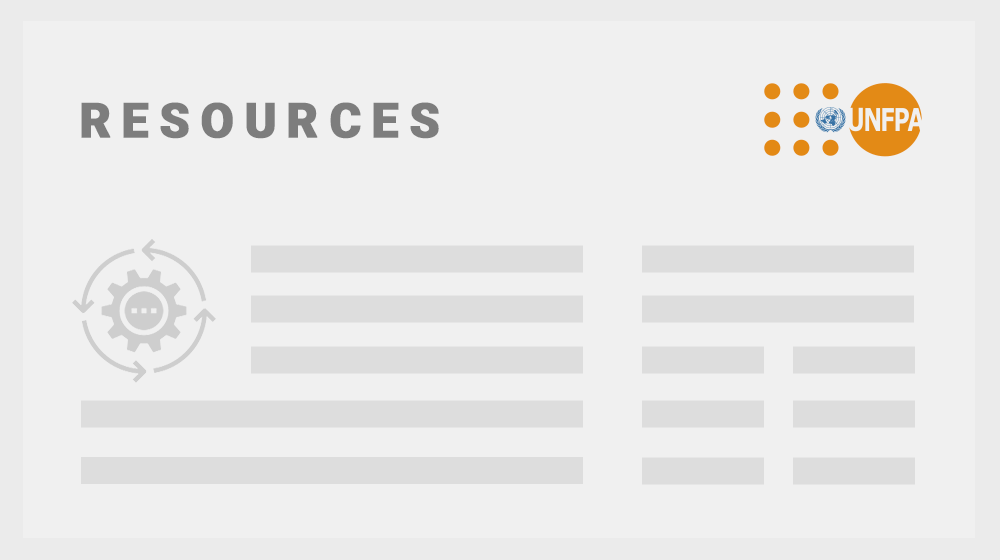Occupied Palestinian territory
The war in Gaza has taken a catastrophic toll on women and girls. They have lost homes and loved ones and lack access to food, water, protection and health care. Many have been displaced at least once, moving from one unsafe place to another. Shelters are overcrowded, and sanitation conditions are dire, exposing women and girls to violence, infection and disease.
As health care comes under attack, a lack of access to maternal and newborn care is elevating health risks for an estimated 50,000 pregnant women and new mothers, exacerbated by high levels of malnutrition as the threat of famine still hangs over Gaza.
Renewed mass forced displacement, increased conflict and a lack of humanitarian access will only increase women and girls’ suffering as winter – and the accompanying floods – approach.
While all eyes are on Gaza, Palestinians in the West Bank and East Jerusalem are also experiencing alarming levels of ongoing violence. Movement restrictions are preventing civilians from reaching schools, work, family and health facilities – including the 73,000 women who are currently pregnant.
To support the women and girls of Gaza, UNFPA and partners have delivered six mobile maternity units, equipped to provide emergency obstetric care. Life-saving medicines and essential hygiene supplies – including soap and sanitary pads – have been delivered to hospitals, health facilities and displaced women and girls since the war began. In the West Bank, UNFPA is supporting services in six safe spaces and deploying mobile clinics to provide reproductive health services. Needs, however, are escalating, and routes must be opened and safe humanitarian access provided to allow life-saving aid to reach women and girls across the Gaza Strip.
Updated 22 October 2024








